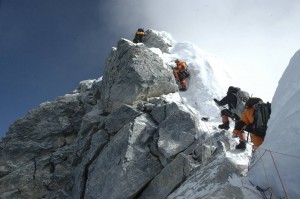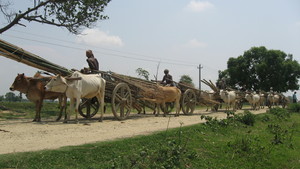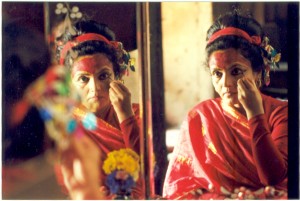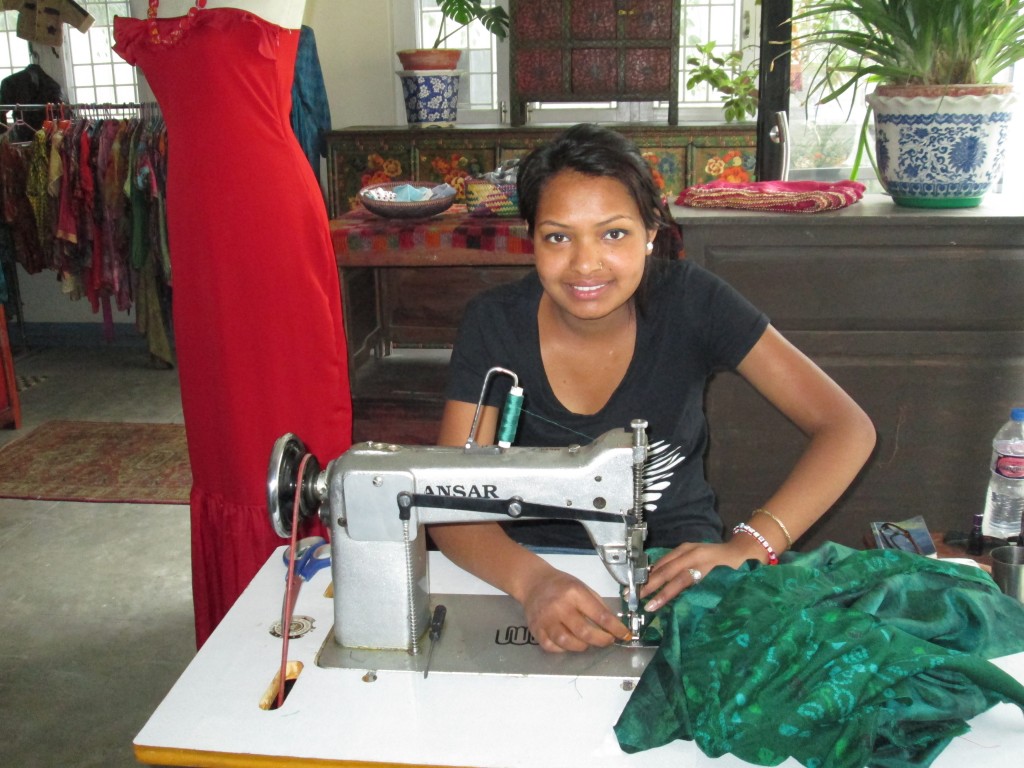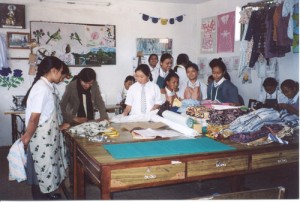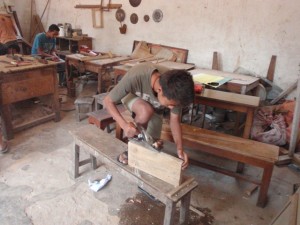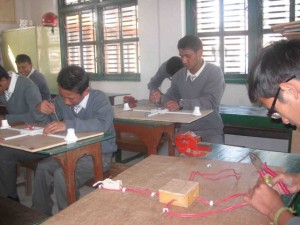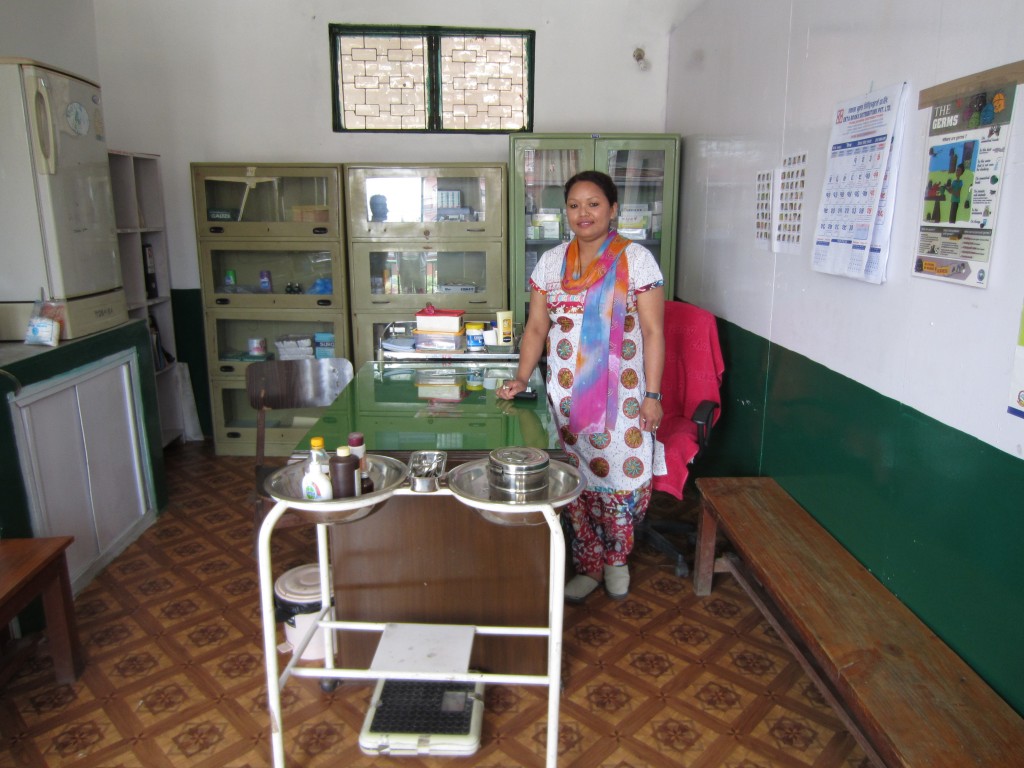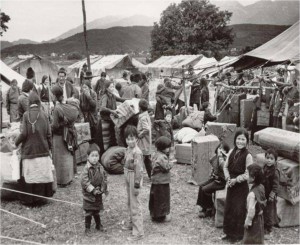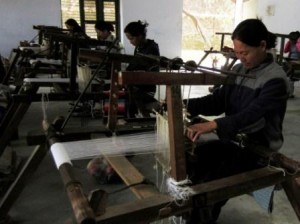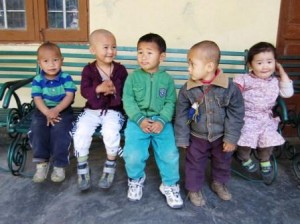5th Nepali Film Festival a success!
Vancouver’s 5th Nepali Film Festival, presented by TRAS and Langara College Continuing Studies on Sunday April 3, was a success! Eight Nepali films, screened twice each during the day, drew a crowd of film buffs and Nepal enthusiasts from around the Metro Vancouver region and Vancouver Island.
After seeing “Sherpas: The True Heroes of Mount Everest,” one audience member commented that he was glad to see a film about Everest told from the perspective of the Nepali Sherpas, while another said that the theatre was so crowded, he almost didn’t get a seat!
“The Rat Hunters” by Vancouver Nepali filmmaker, Pradeep Sharma, was so beautifully shot that Bobbie Morrison in the audience felt like she was actually on the cart with the traders. The film was a highlight for many who enjoyed the opportunity to meet Pradeep after the screening. Also a highlight was Dr. Ramjee Parajulee’s informative talk on Nepal which helped contextualize the films politically, socially and culturally.
Between films, festival attendees filled the vibrant Himalayan Market, browsing tables of beautiful Himalayan crafts, sampling Himalayan treats, meeting old friends and making new ones, and learning about great work being done in the Himalayas by Vancouver-based non-profits.
This was the first time Heather Turnbull had attended a Nepali Film Festival:
It’s always an incredible treat to transport yourself into another world on a Sunday morning in Vancouver. The Nepali Film Festival provided an incredible line up of films, and I had to spend the first few minutes deciding whether we should travel with the Sherpas up the Himalayan mountains or dive into the ritual and religion of a family in Kathmandu. Tough choice!
“Mukundo” was a beautiful cinematographic journey into the world of a family in Kathmandu. The story line, plot, characters and ending had me enthralled and moved. The gift of a great movie is that it stays with you for many days.
Walking into the Himalayan Market, I was struck by the colourful tables and delicious smells of food. I lost my friend a few times as he engaged in rich, and meaningful conversations with vendors passionate about their many connections to Nepal. Friends have always raved about momos and now I’m converted, looking forward to discovering more Nepali food and friends in Vancouver.
Evan Zaleschuk, with Zuru Ling Tibetan Buddhist Centre, a vendor in the Himalayan Market, wrote:
Thanks for running a great festival. I thought it was very well organized and laid out. I enjoyed seeing many people I hadn’t seen in a long time and meeting new people as well. It was worth it for us to be there as well as support a worthy cause.
For festival volunteer Megha Shakya…
….it was a great event. I was happy to meet so many Nepal lovers there. TRAS has made an important showcase to the wider world about what it does and how it is helping people in the Himalayan regions. I just wish to express my appreciation to all who put in so much of their energies to make it a success. My son is also so grateful to have been given a chance to volunteer as a projectionist.
The Nepali Film Festival was a wonderful day! A huge thanks to the volunteers who organized and ran the event, our sponsors and to everyone for coming! If you missed it this year, don’t worry, there’s always next year….stay tuned.

